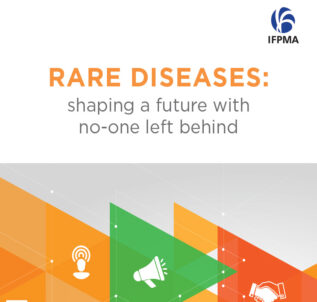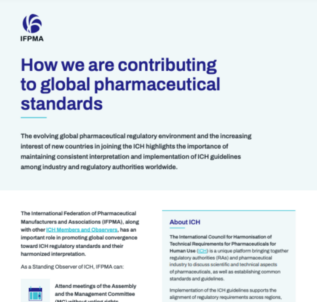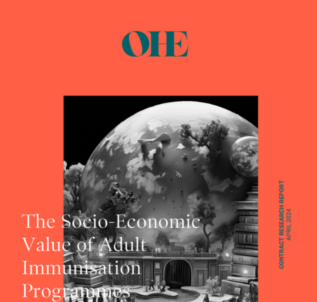Rare Diseases: shaping a future with no-one left behind

Rare diseases are a group of conditions which affect very small numbers of people. Definitions vary, although generally a disease is considered rare if it affects fewer than 1-5 individuals per 10,000 in the general population.
Most people suffering from rare diseases do not have any treatment options available for their condition. Yet many countries do not have plans, policies or legislation to help lead research on rare diseases and improve the management of these many conditions.
Awareness and understanding of rare diseases is often low, and many patients struggle to find adequate information about their condition. As a result, upon diagnosis, patients may feel isolated, overwhelmed and unsupported. The emotional, psychological and financial impact of being diagnosed and living with a rare disease is also considerable.
Our key recommendations
- Ensure rare diseases are a public health priority, raising awareness of rare diseases among policymakers, health care professionals and the general public
- Empower patients and their wider communities, enabling better disease management and for patients to further influence the decisions that affect them
- Promote continued research and development, building political commitment to drive research, innovation and policies for rare diseases and increasing collaborative research efforts to enhance scientific understanding of all rare diseases
- Ensure sustainable access to diagnosis, treatment and care, improving the workforce and infrastructure to treat rare diseases and developing and strengthening legislation that enhances access to orphan drugs




